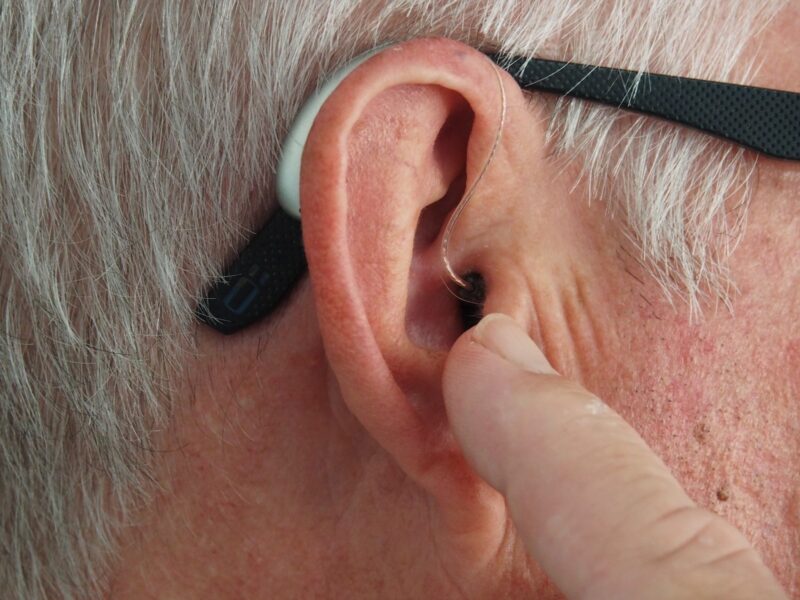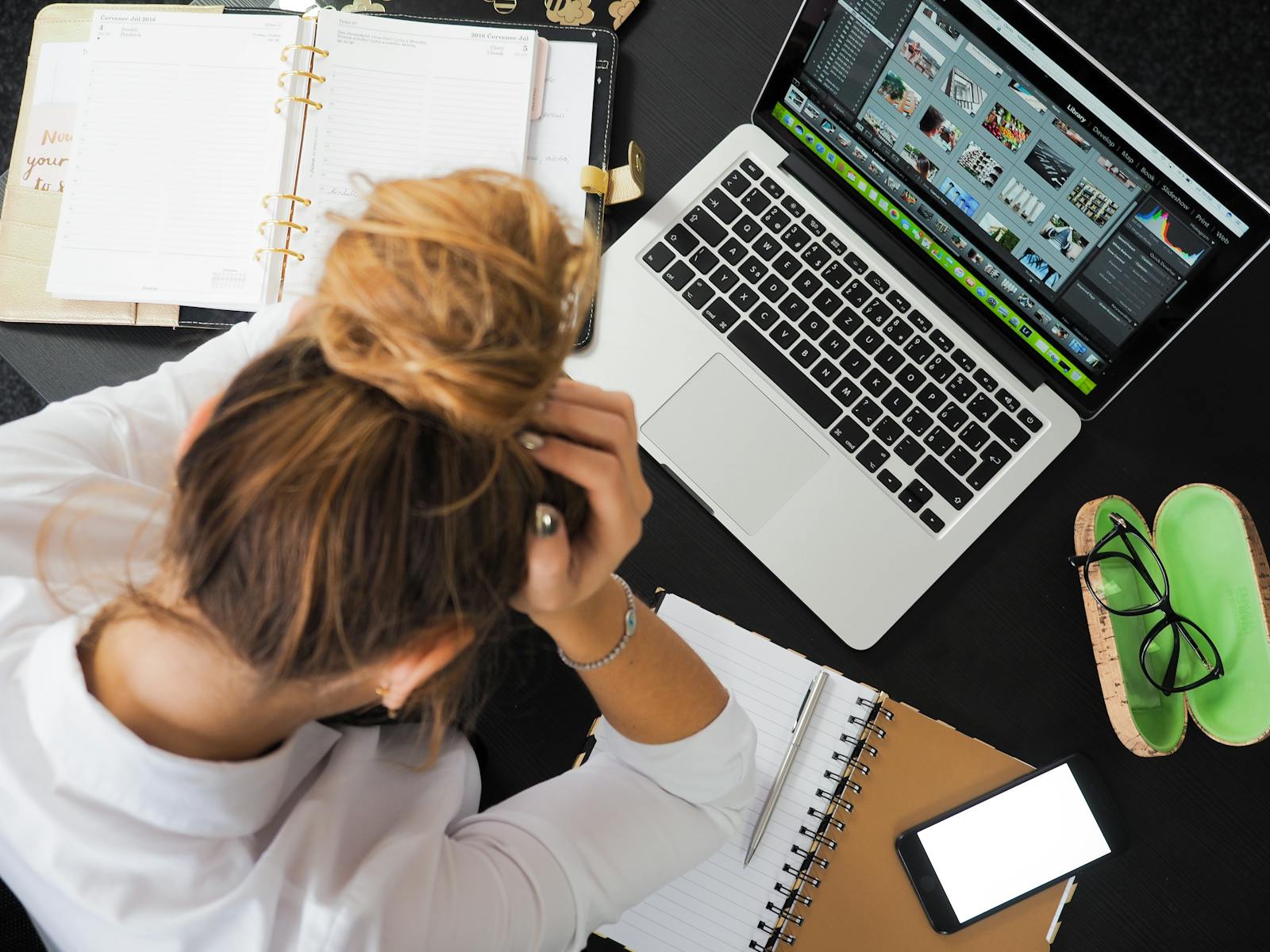Out of the many sensory-related conditions out there, hearing loss is a common one that most people go through at some point. It might be temporary, or it might be permanent. It could be caused by a specific trigger or develop with age. Regardless of how it occurs, it is often an unsettling experience.
Statistics show that 60.7 million is the number of Americans aged 12 and older who experience hearing loss. Data also shows that the occurrence of hearing loss is only increasing and is set to nearly double within the next 36 years (2060).
What Causes Hearing Loss?
Hearing loss, a common aspect of the human experience, manifests through a number of factors that warrant our attention and understanding. In the natural cadence of life, age-related hearing loss, scientifically termed ‘presbycusis’, emerges as a gradual companion to the passage of time.
However, there are other factors at play. Certain ototoxic drugs, such as Tepezza which is commonly used to treat thyroid eye disease, can cause hearing issues.
According to TorHoerman Law, other side effects also reported were hair loss, high blood sugar, and infusion reactions.
This is why Horizon Therapeutics is facing a large number of Tepezza lawsuit cases. They reportedly failed to warn people adequately about the potential risks to hearing.
The lawsuits also bring attention to how the drug allegedly blocks “IGF-1R,” a protein that is responsible for how the inner ear’s hair cells detect sound.
Likewise, genetics, infections, and a host of other issues can all cause hearing loss.
Can You Slow or Stop Hearing Loss From Progressing?
Fortunately, the answer to this question is yes. Surprised? Don’t be.
Sure, we may not have a cure or method that restores hearing to normal. However, there are several steps that can be taken to reduce the likelihood that your hearing loss worsens.
Let’s explore some of the most common strategies:
1. Reducing the Volume of Music
Reducing the volume of music is a critical aspect of maintaining auditory health and preventing hearing loss. Listening to music is a ubiquitous and enjoyable activity for many. However, the advent of portable music players and earphones has made it easier for individuals to expose themselves to high volumes for extended periods.
While music is a source of pleasure, it is essential to recognize the potential harm that can result from prolonged exposure to loud sounds.
Excessive volume levels can lead to a condition known as noise-induced hearing loss (NIHL). The delicate structures of the inner ear, including the hair cells responsible for transmitting sound signals to the brain, can become damaged when subjected to intense and prolonged sound waves.
Adopting safe listening practices involves recognizing the importance of moderation in music volume. The Hearing Center of Excellence recommends that people follow the 60/60 rule. It means you listen to music at no more than 60% of the maximum volume for no more than 60 minutes at a time.
This guideline helps strike a balance between enjoying music and safeguarding one’s hearing health.
2. Regular Checkups
Getting your ears checked regularly plays a pivotal role in preventing the worsening of hearing loss by facilitating early detection, intervention, and management of potential issues. This proactive approach to hearing health care ensures that any changes in hearing function are identified promptly, allowing for timely interventions to mitigate further deterioration.
Hearing loss is often gradual, and individuals may not immediately notice the subtle signs. Hearing aids, assistive listening devices, or other therapeutic measures can be implemented more effectively when the hearing impairment is detected early.
Audiometric assessments are particularly valuable for tracking changes in hearing over time. When you establish a baseline and regularly monitor hearing thresholds, it is possible to identify any deviations or declines in hearing function.
3. Wear Ear Plugs
Ear plugs are small, portable devices designed to be inserted into the ear canal to block or reduce the entry of sound waves. They work by attenuating the intensity of incoming sound, acting as a barrier between the delicate structures of the inner ear and the potentially harmful noise.
Prolonged exposure to loud noises is a common cause of NIHL and according to Colorado Ear Care, ear plugs are an effective way to mitigate the risk of it.
The effectiveness of ear plugs lies in their ability to provide an actual, physical barrier that limits the transmission of sound energy.
In conclusion, if you believe you are suffering from early signs of hearing loss, please get it checked as early as you can. Hearing loss can indeed be prevented from worsening, but it requires prompt action.
If you are in a position where you can’t seek medical help, you can, at the very least, take these active steps to protect your ears.



